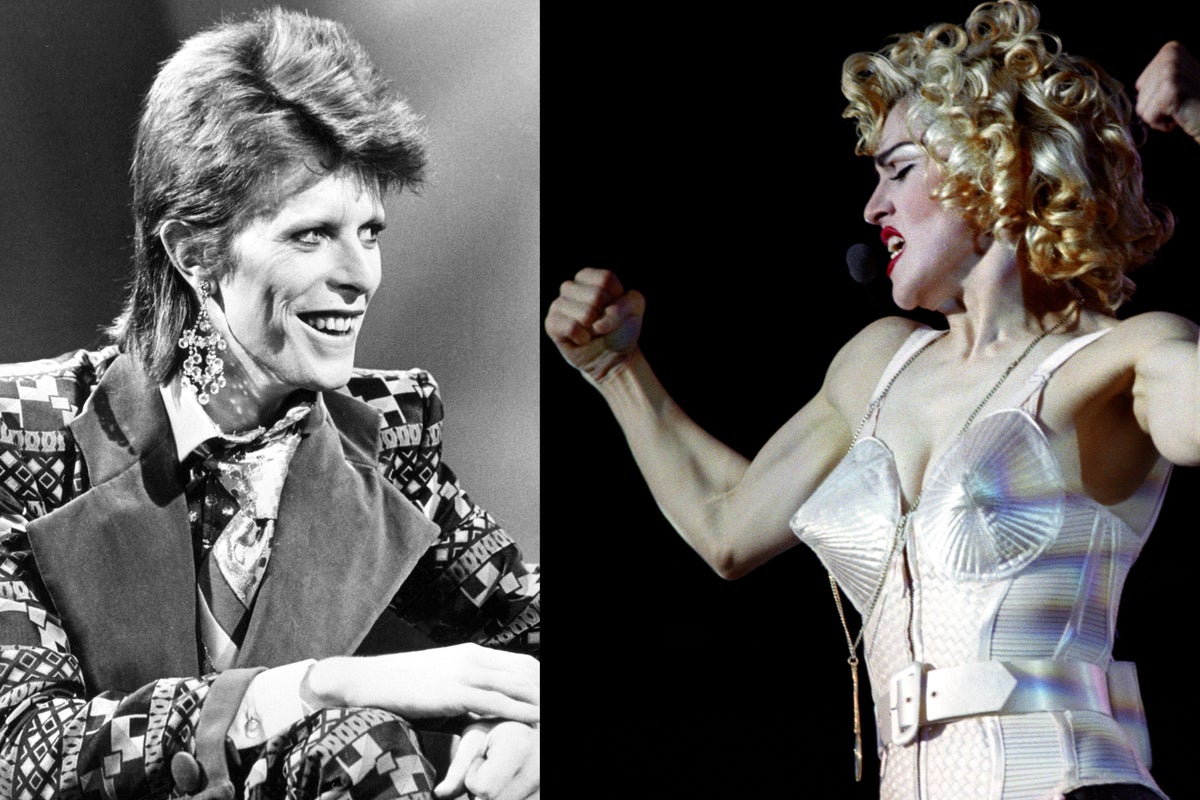
Whether performing, protesting or pioneering behind the scenes, history is full of LGBT+ figures that helped shift culture and challenge social norms.
So, as we celebrate Pride Month this June, here’s a look back at some of history’s most inspiring LGBT+ icons.
1. Alan Turing (1912-1954)
Alan Turing, a brilliant mathematician, played a pivotal role in helping defeat Nazi Germany during World War II by cracking the Enigma code – an achievement believed to have shortened the war by several years.
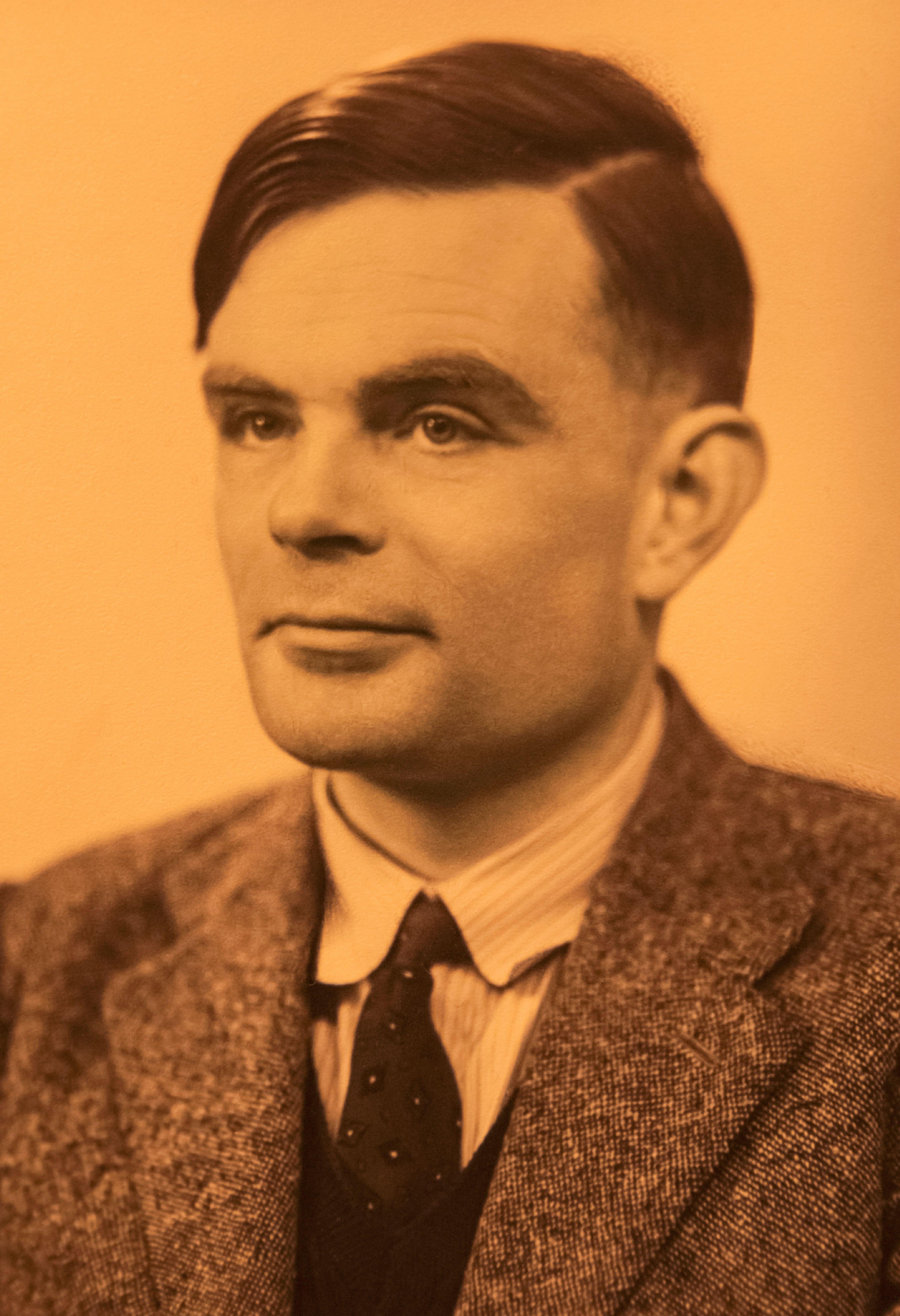
Despite his contributions, Turing became a victim of Britain’s harsh anti-gay laws. In 1952, he was arrested and convicted for being gay – a criminal offence at the time. He died two years later aged 41 from suspected suicide.
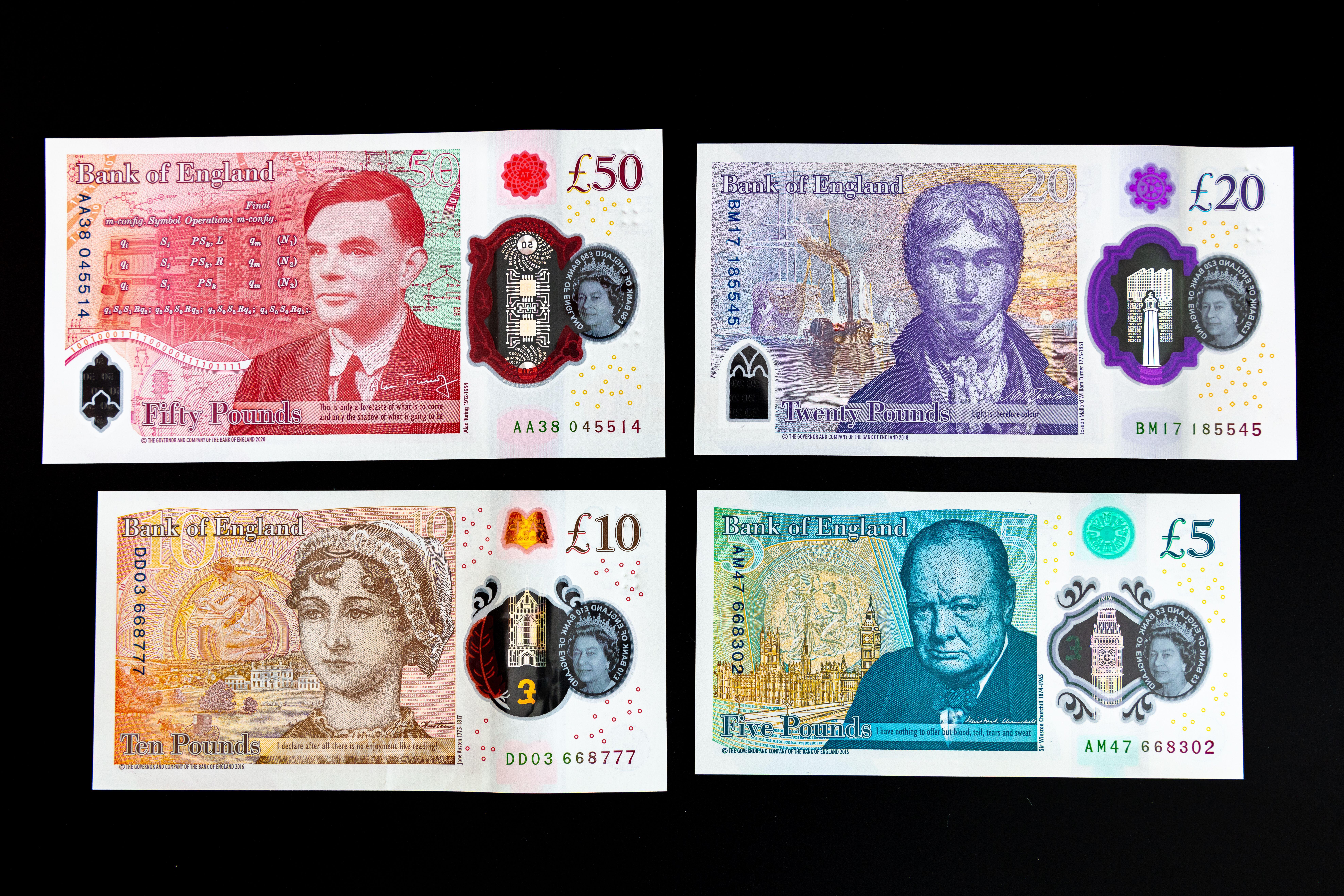
In 2013, he received a posthumous royal pardon, and in 2017, the UK government extended this to thousands of men convicted under similar laws, in what’s now known as the “Alan Turing law.” His legacy lives on, including his image on the £50 banknote.
2. Marsha P. Johnson (1945-1992)
Marsha P. Johnson was a pioneering African American activist and drag performer who played a key role in the fight for LGBT+ and trans rights in the 1960s and Seventies.
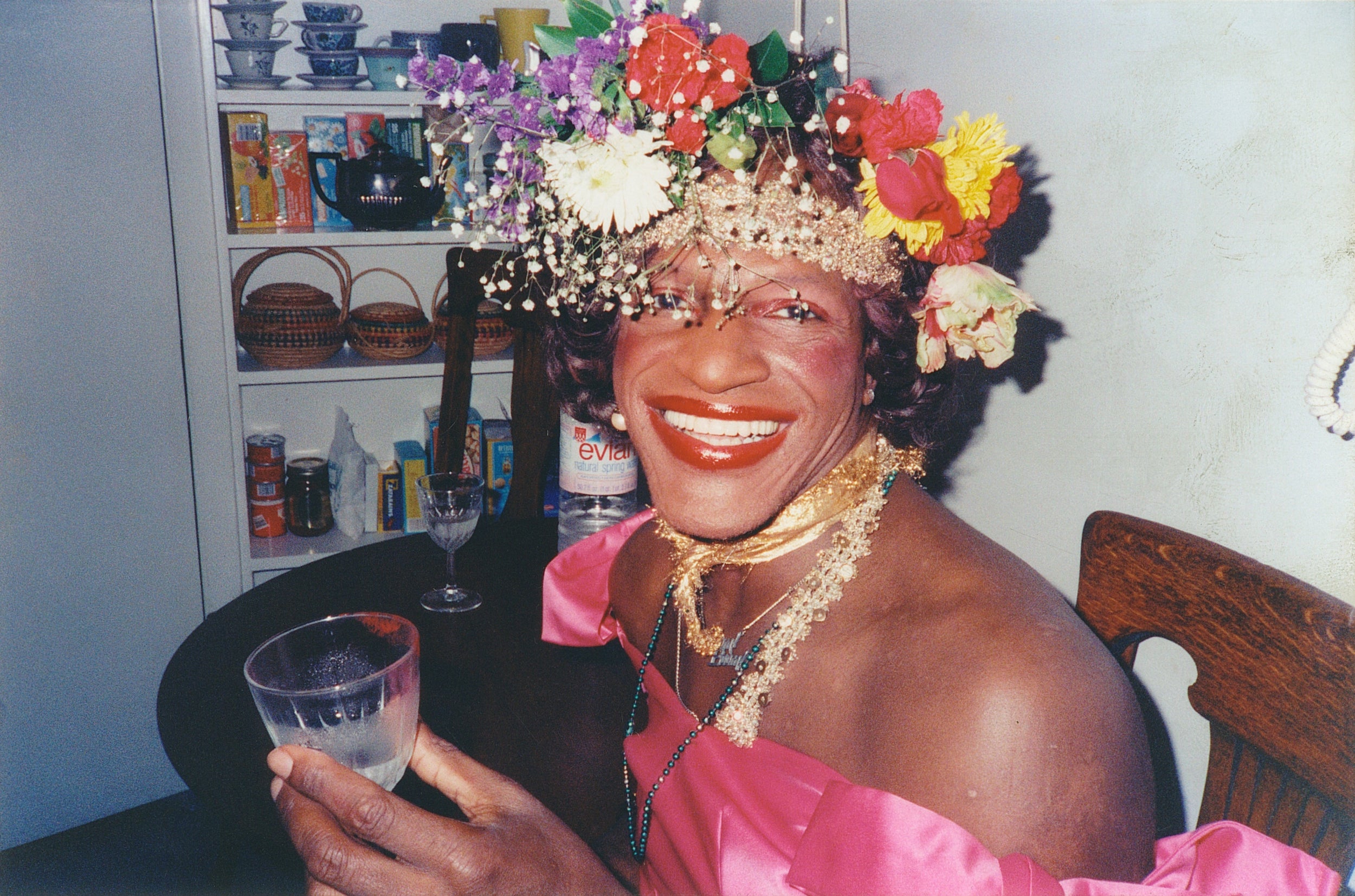
In 1969, she was among those who resisted police during the raid of the Stonewall Inn in New York City – an act of defiance that sparked the Stonewall Uprising, a major turning point in the LGBT+ rights movement.
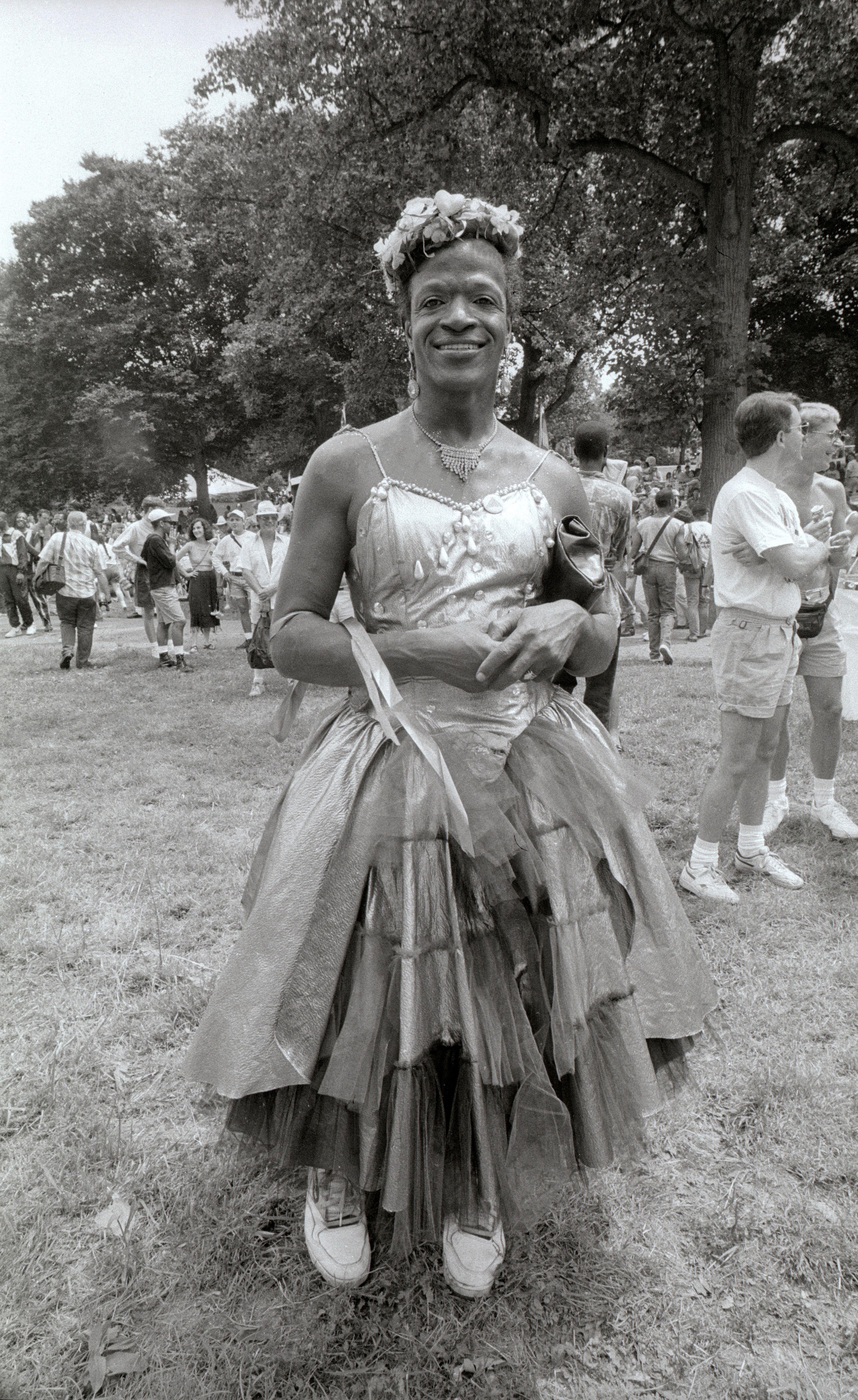
Johnson went on to co-found activist groups and became a powerful symbol of resistance and visibility for trans and queer people, especially those of colour.
3. Freddie Mercury (1946-1991)
Known as the lead singer of Queen, Freddie Mercury is considered the greatest singers in rock music history, with his theatrical style and four-octave vocal range.
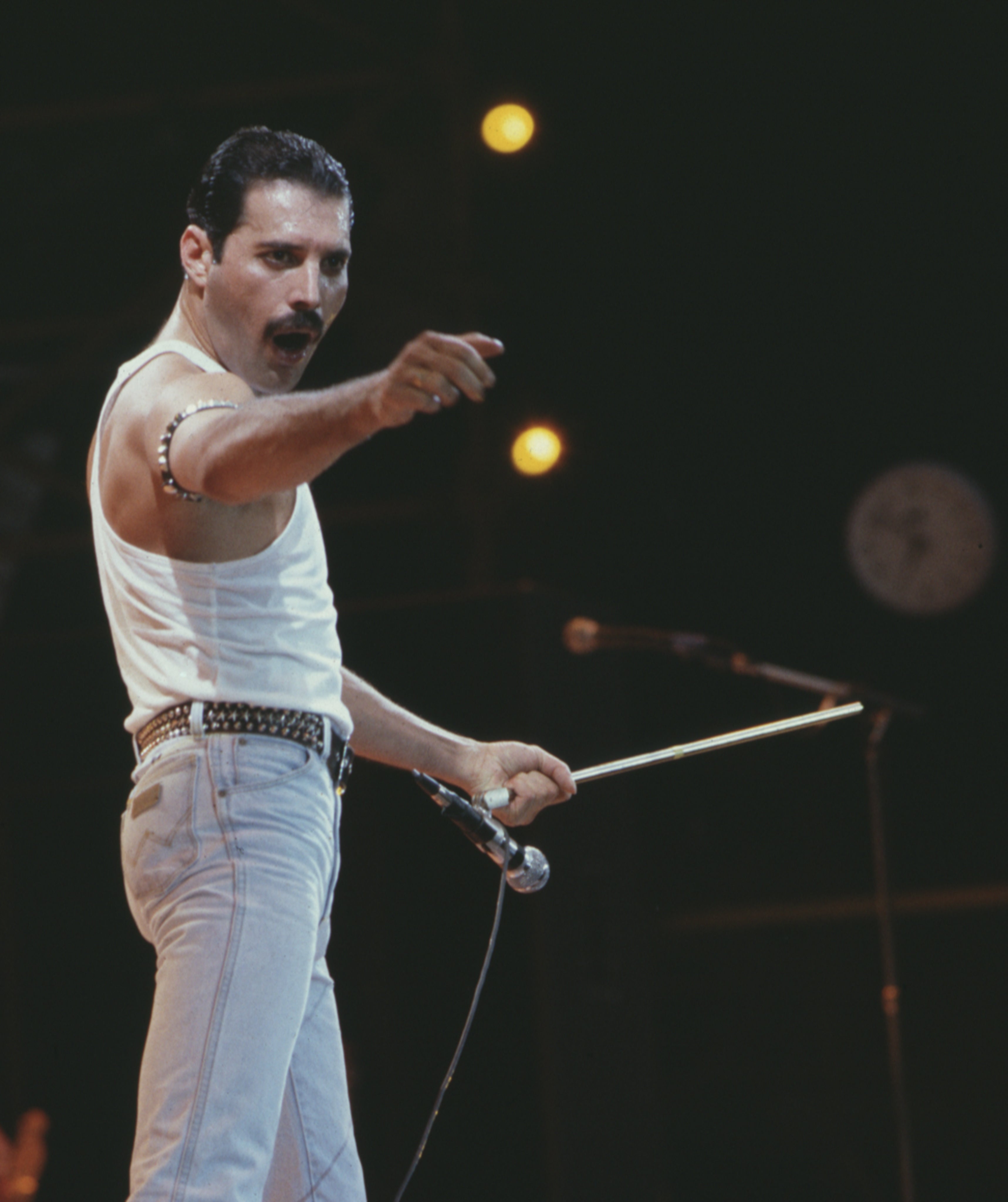
But despite his flamboyant on stage persona, Mercury never publicly clarified his sexuality.
In 1985, he began a long-term relationship with Irish-born hairdresser Jim Hutton, whom he referred to as his husband. Mercury described their relationship as one built on solace and understanding, and said that he “honestly couldn’t ask for better”.
Mercury began exhibiting symptoms of HIV/AIDS in 1982, and was later diagnosed with AIDS in 1987.
Mercury kept his diagnosis private, but released a statement about the state of his health on November 23, 1991. On the following evening of November 24, Mercury died of AIDS at the age of 45 at his home in Kensington, London.
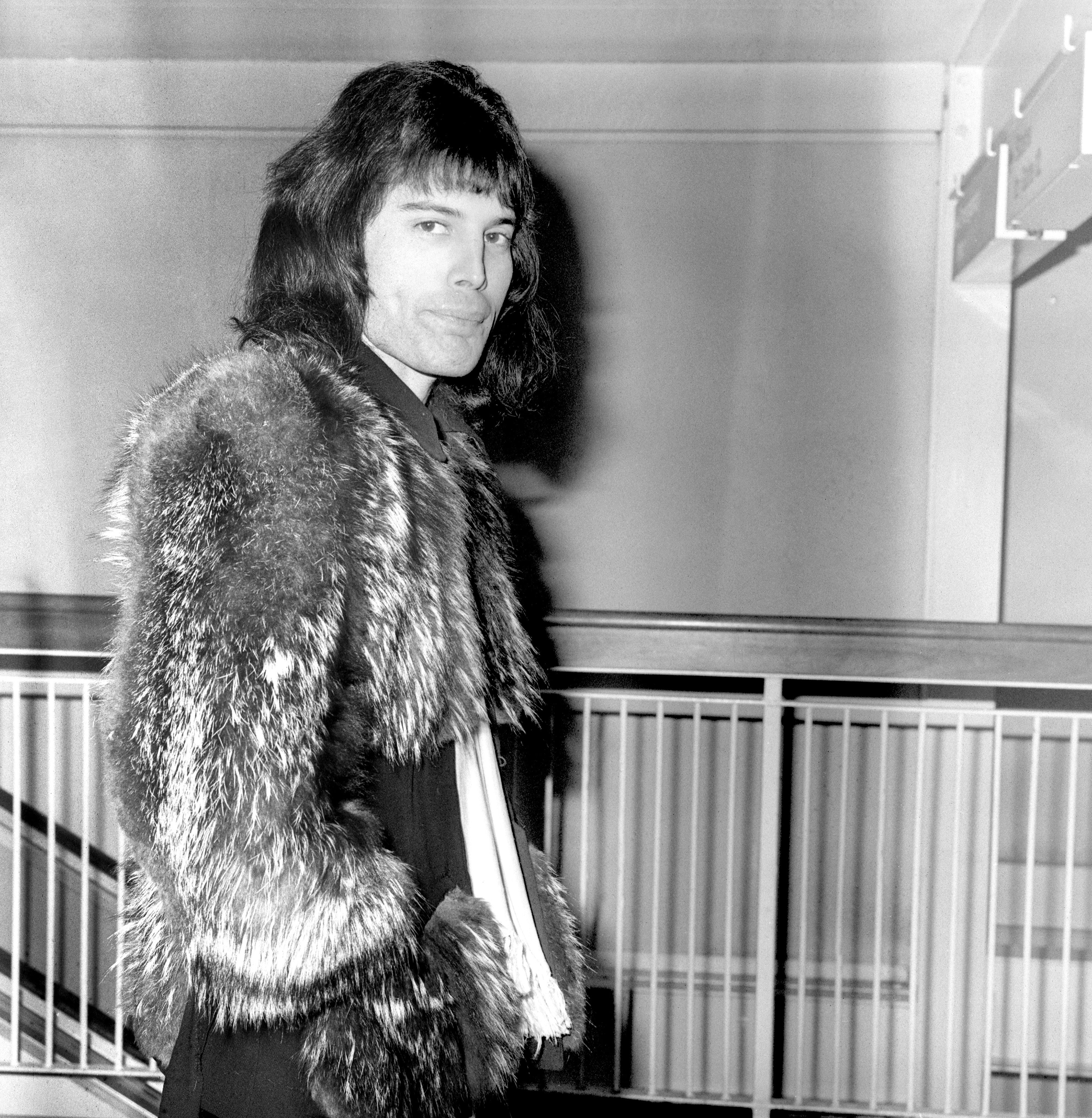
Hutton, lived with Mercury for the last seven years of his life, nursed him during his illness, and was present at his bedside when he died.
In 2024, Mercury was named the UK’s greatest gay icon in a survey conducted by Durex.
4. David Bowie (1947-2016)
David Bowie became a gay icon through his bold alter ego Ziggy Stardust – an androgynous, bisexual alien rockstar – introduced in 1972.
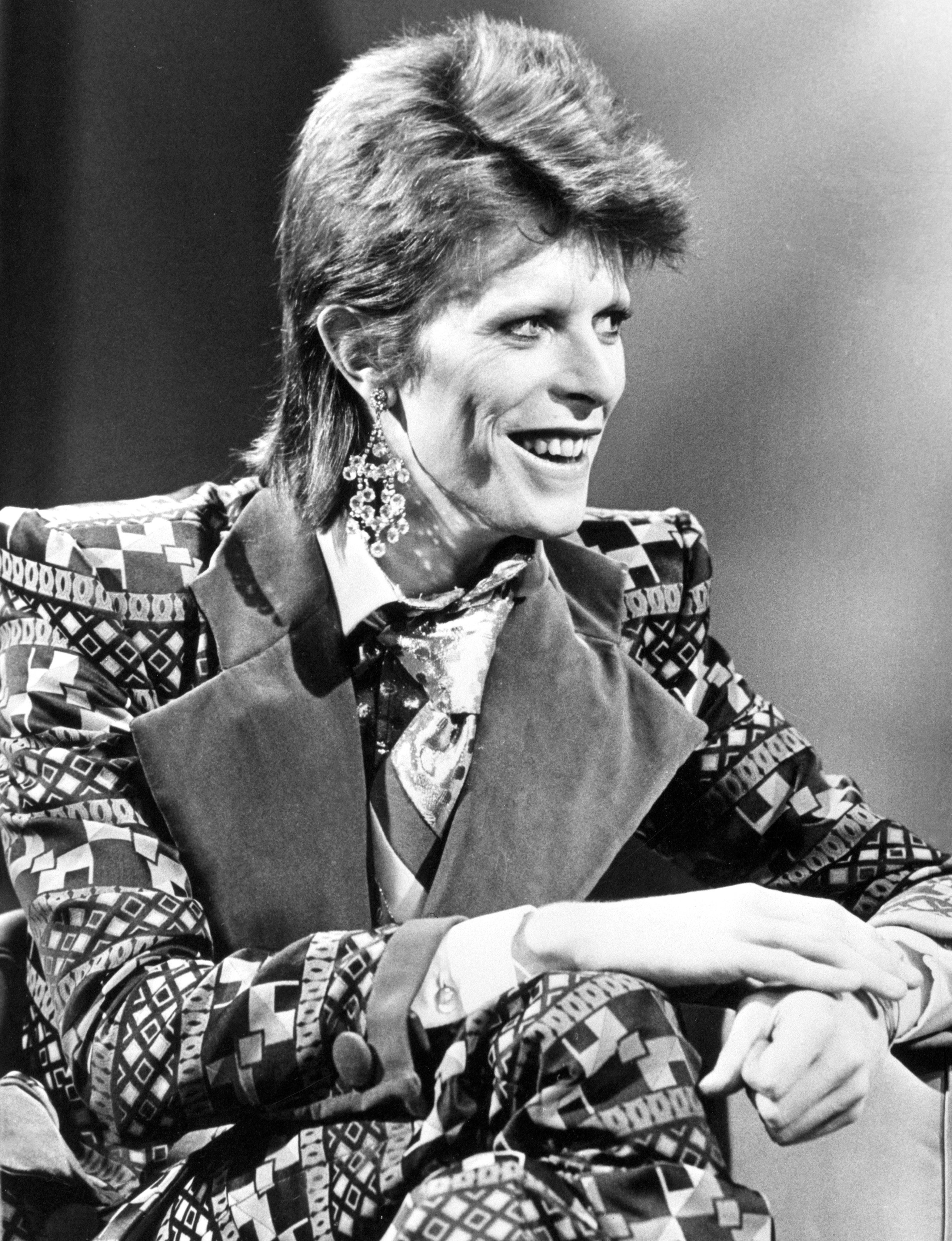
While not an activist in the traditional sense, Bowie used his platform to challenge gender norms and give visibility to queer identities. His 1972 statement, “I’m gay, and I always have been,” came just as Britain held its first Gay Pride march.
Later, he told Playboy he was bisexual, acknowledging the impact it had on his career: “I’ve used that fact very well. I suppose it’s the best thing that ever happened to me.”
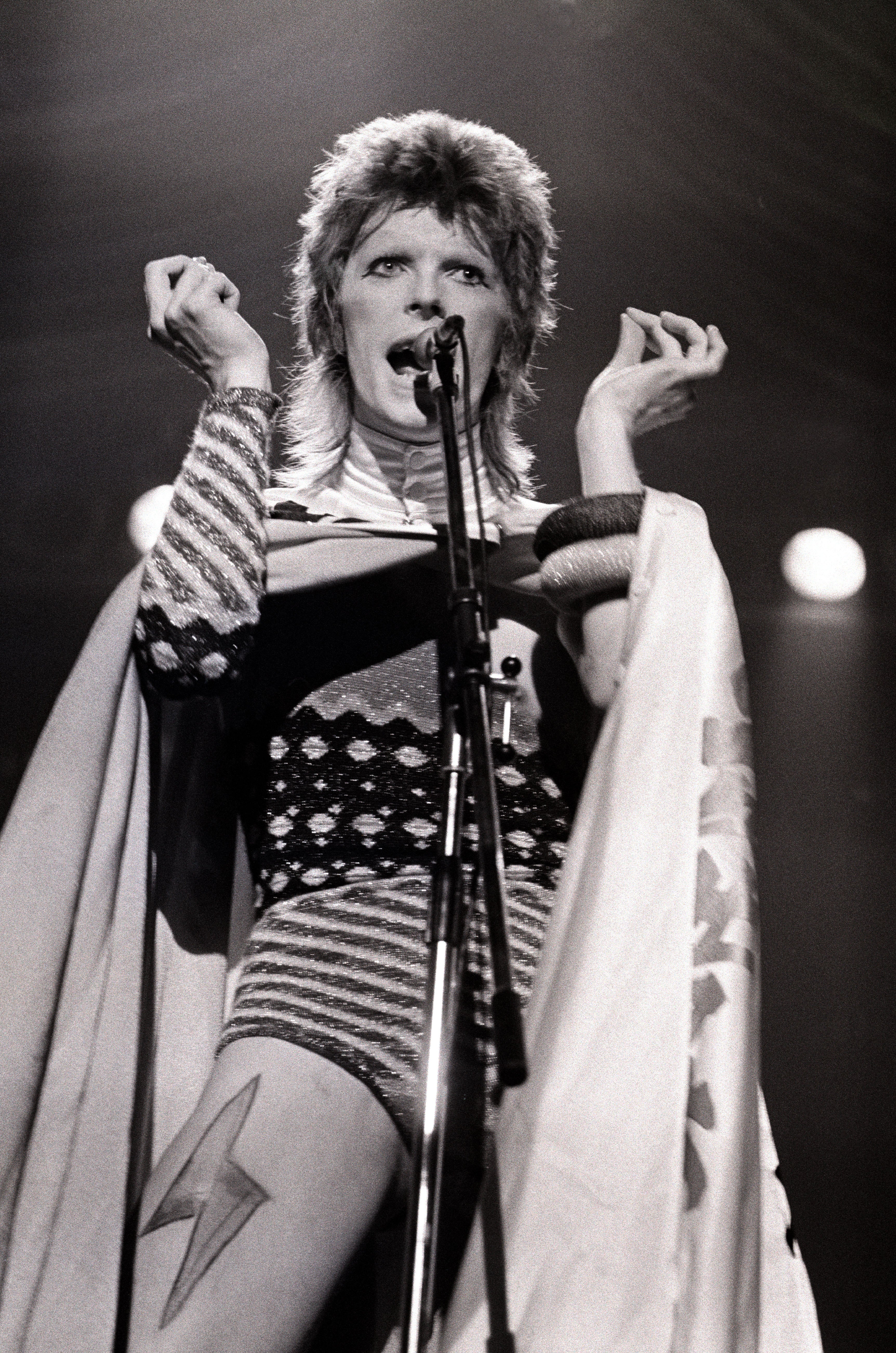
Though he later called himself a “closet heterosexual,” Bowie’s early openness and ambiguity left a lasting cultural impact. His iconic performances, such as his Top of the Pops appearance with Mick Ronson, gave young queer people a powerful image of representation.
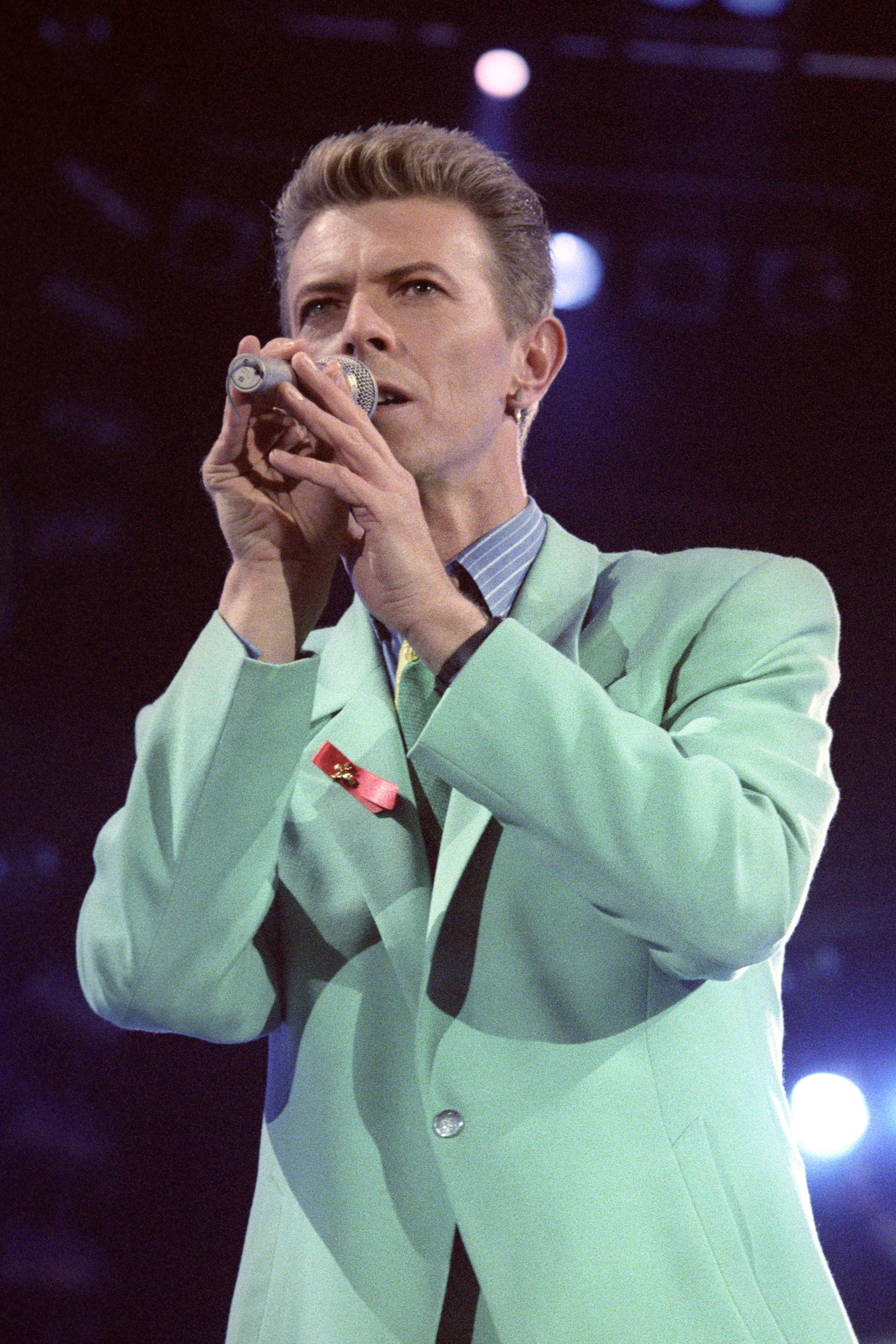
Bowie died at the age of 69 after an 18-month battle with cancer. Regardless of labels, his fearless self-expression gave others the freedom to explore their own.
5. Elton John (1947-present)
Elton John, one of the best-selling music artists of all time with over 300 million records sold, has long been a trailblazer for LGBT+ visibility.
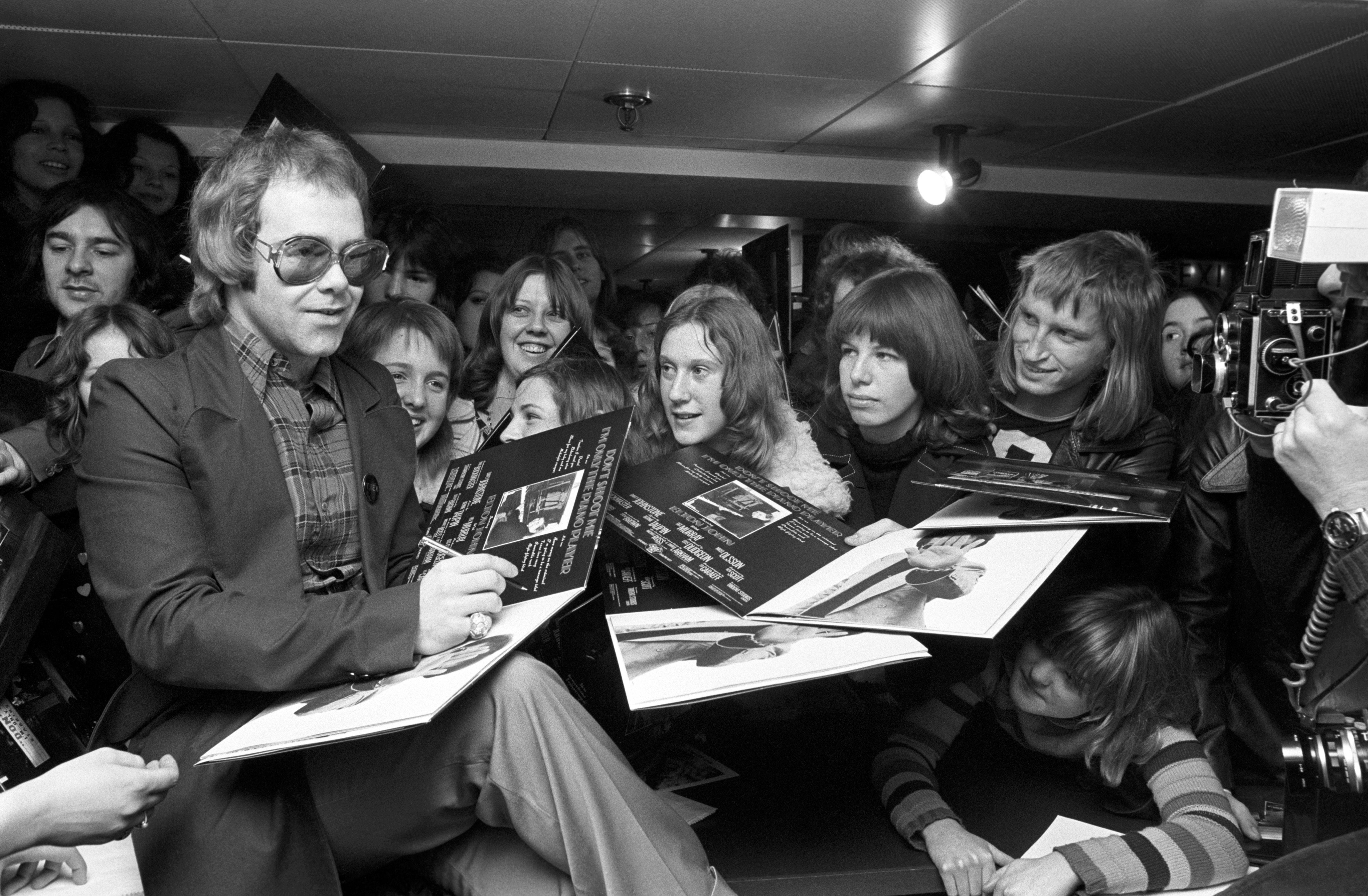
He first came out as bisexual in a 1976 Rolling Stone interview, later confirming he was gay in 1992. John has been with his partner, David Furnish, since 1993. The couple entered into a civil partnership in 2005 – among the first in the UK – and married in 2014 after same-sex marriage was legalised.
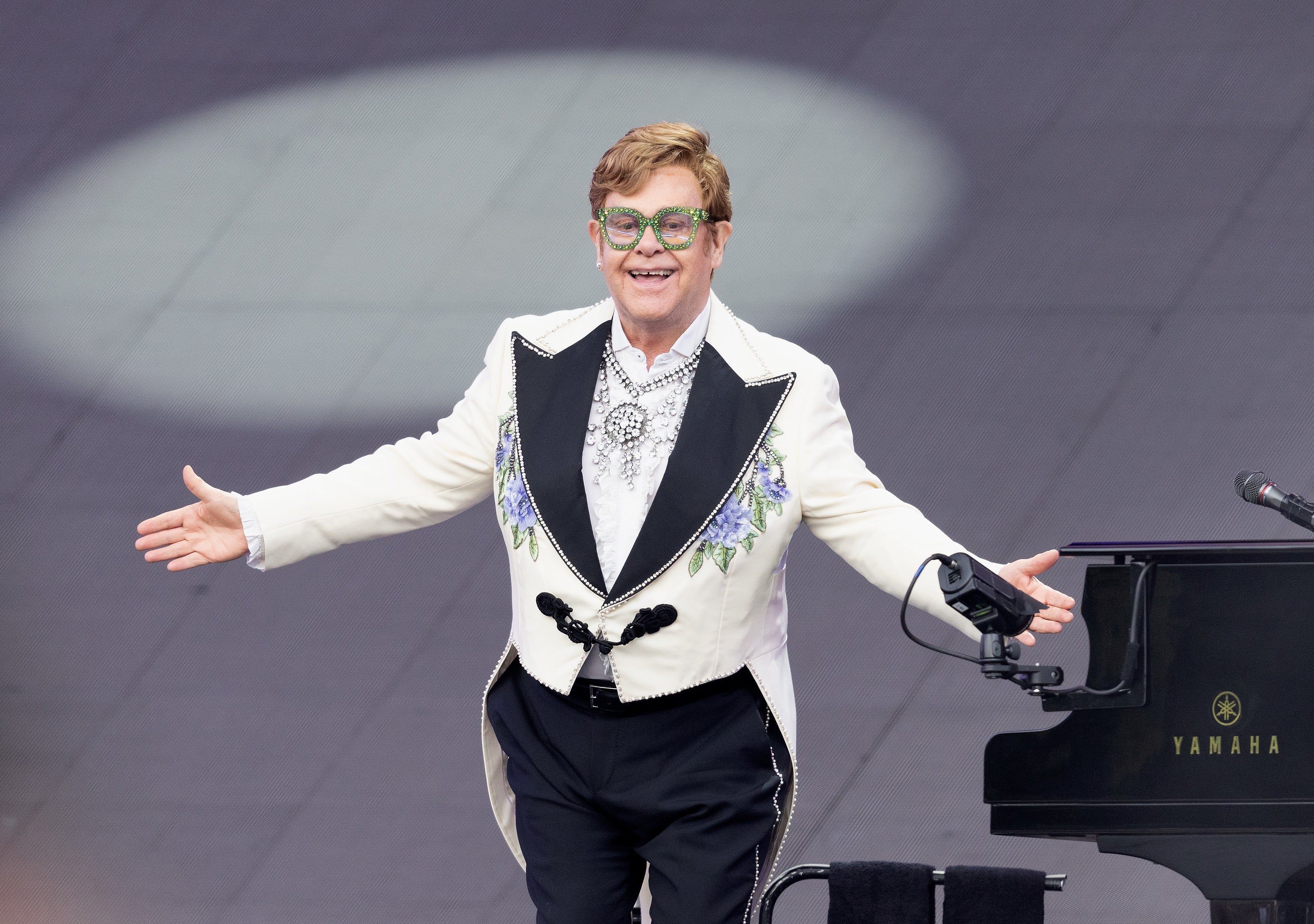
Together, they have two sons born via surrogacy. In 2019, he received France’s highest civilian honour, the Legion d’honneur, with President Emmanuel Macron recognising him as one of the first openly gay artists to give voice to the LGBT+ community.
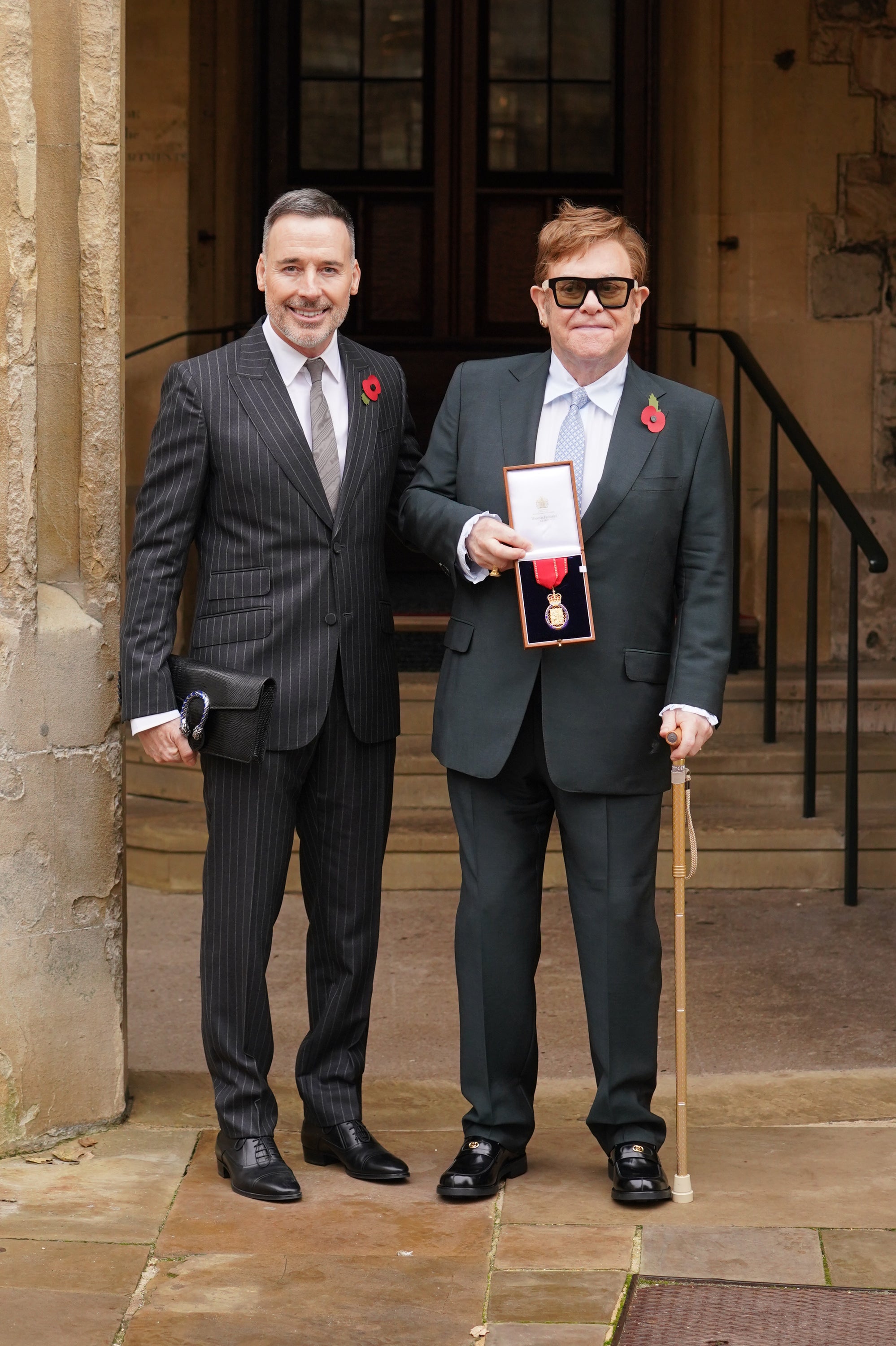
6. Madonna (1958-present)
Madonna has long been a fierce ally to the LGBT+ community. Known for her sexual openness and refusal to conform, she’s been linked to several women, including comedian Sandra Bernhard and model Jenny Shimizu.
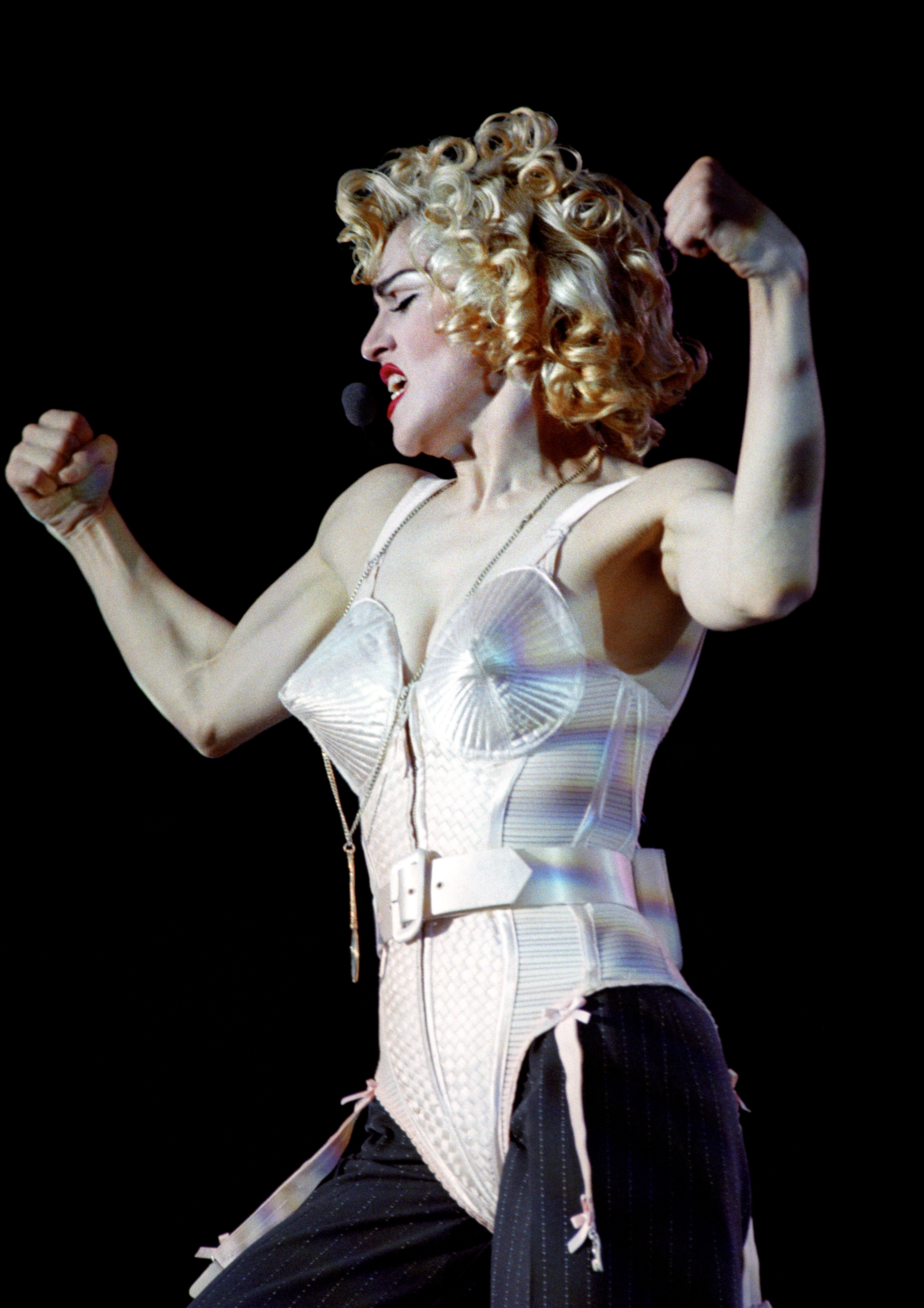
Though she’s never publicly confirmed these relationships, she’s stated she’s “slept with a good handful” of women and told The Advocate in 1991 that “everybody has a bisexual nature.”
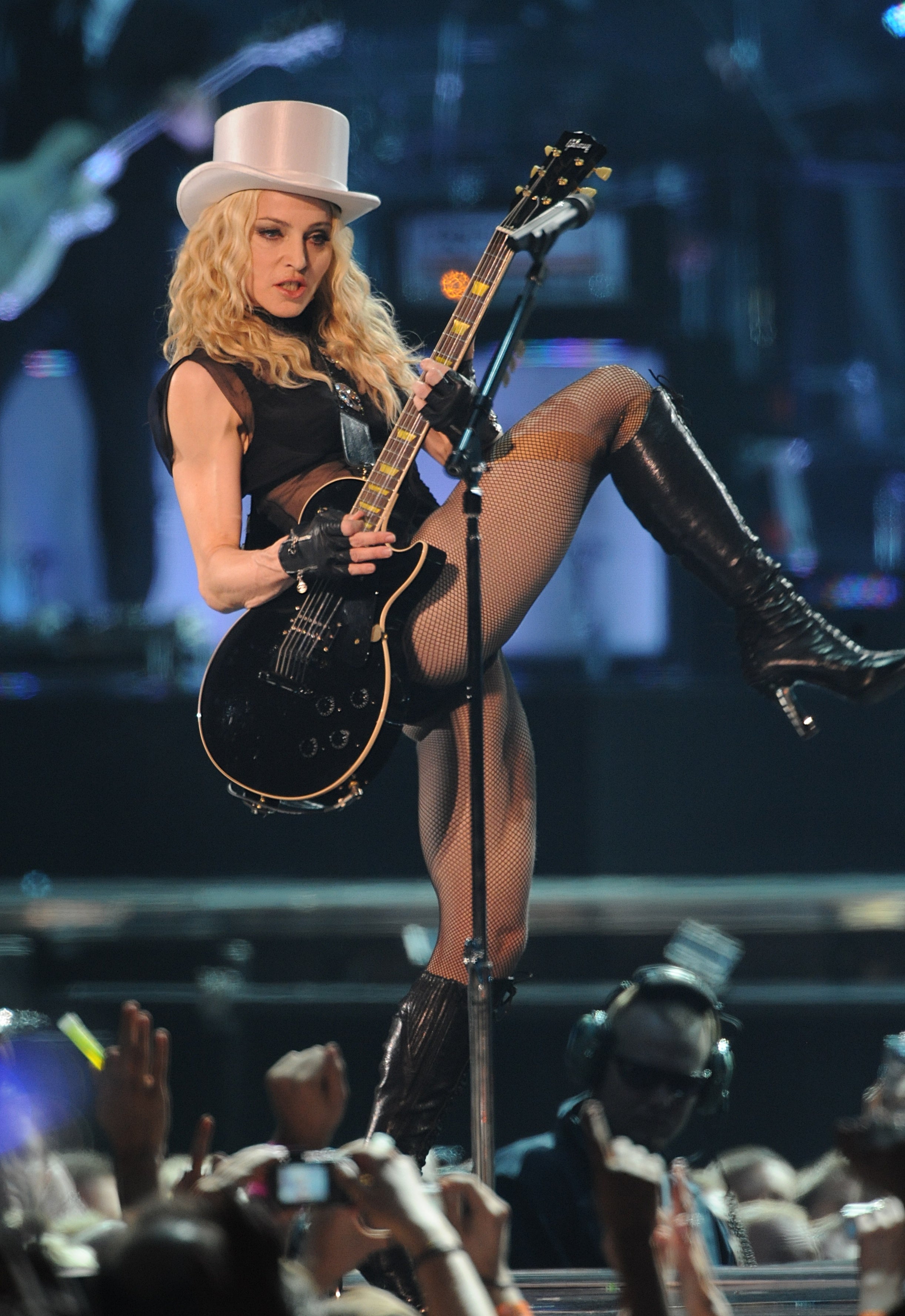
Throughout her career, Madonna has dedicated performances and messages to the LGBT+ community, including surprise appearances at New York’s Stonewall Inn in Greenwich Village, Manhattan, the birthplace of the modern gay rights movement. In 2018, she delivered a speech, declaring: “I stand here proudly at the place where Pride began. Let us never forget the Stonewall riots.”
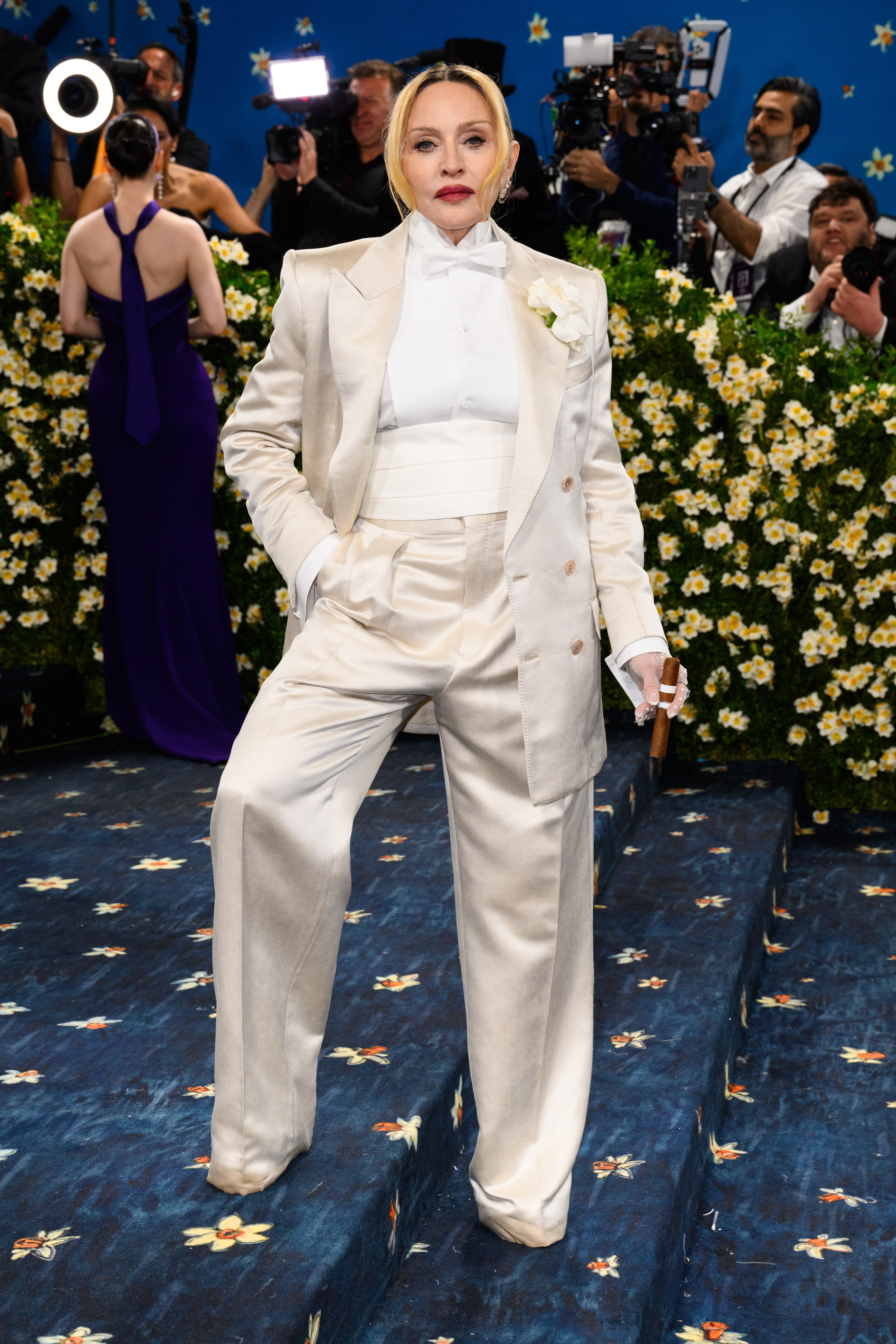
7. RuPaul (1960-present)
RuPaul Charles, best known as the host of RuPaul’s Drag Race, has earned the title “Queen of Drag” and is widely regarded as a trailblazer in queer representation.
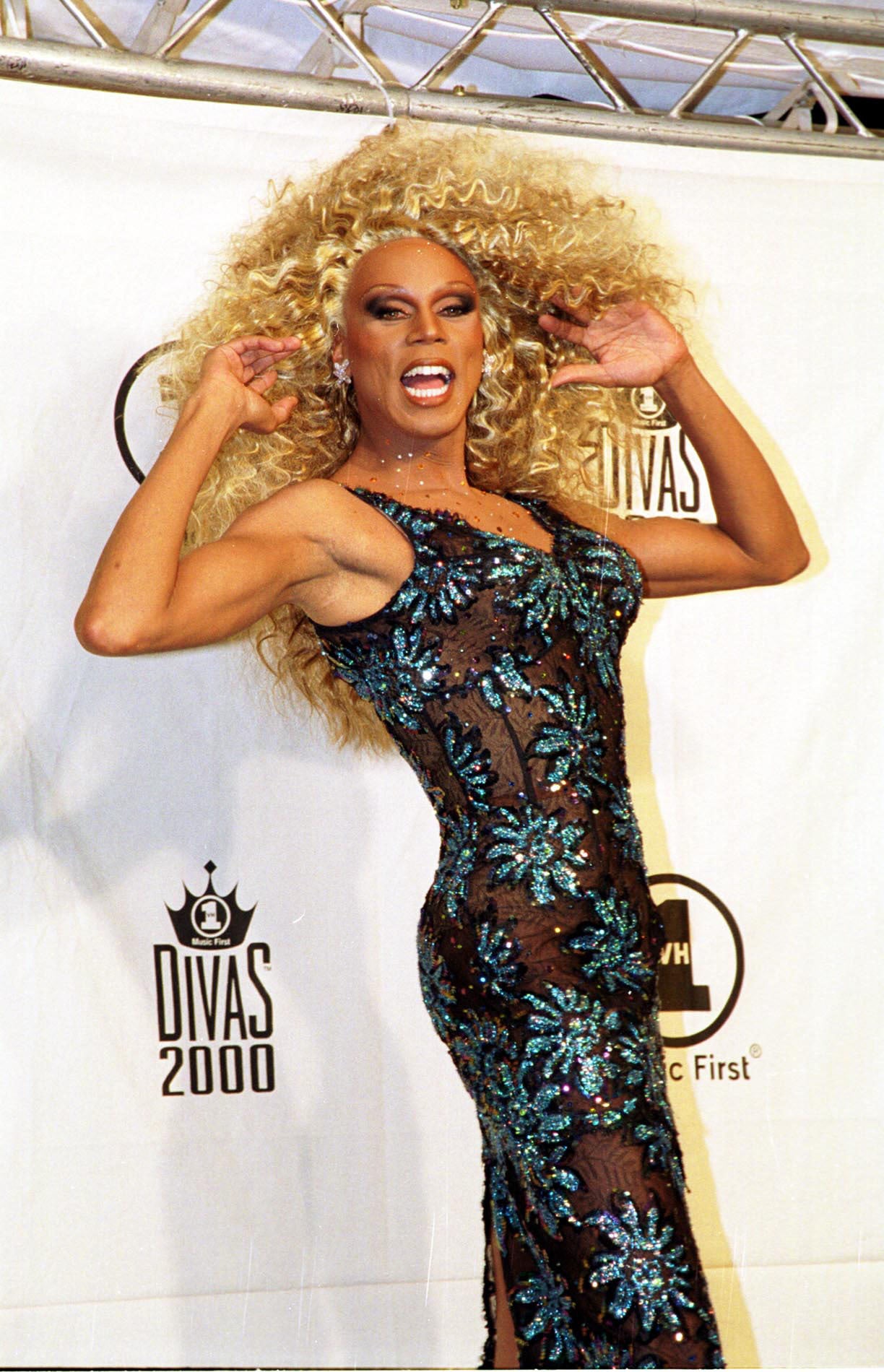
Since the launch of Drag Race UK in 2019, RuPaul’s profile in the UK has soared, helping to catapult a new wave of celebrity drag queens into the spotlight, including The Vivienne, Tia Kofi and Baga Chipz.
Beyond entertainment, RuPaul has long been an outspoken advocate for voter registration, particularly within the LGBT+ community – where turnout has historically been lower. He promoted participation through a public service announcement tied to National Voter Registration Day, urging queer individuals to make their voices heard at the ballot box.
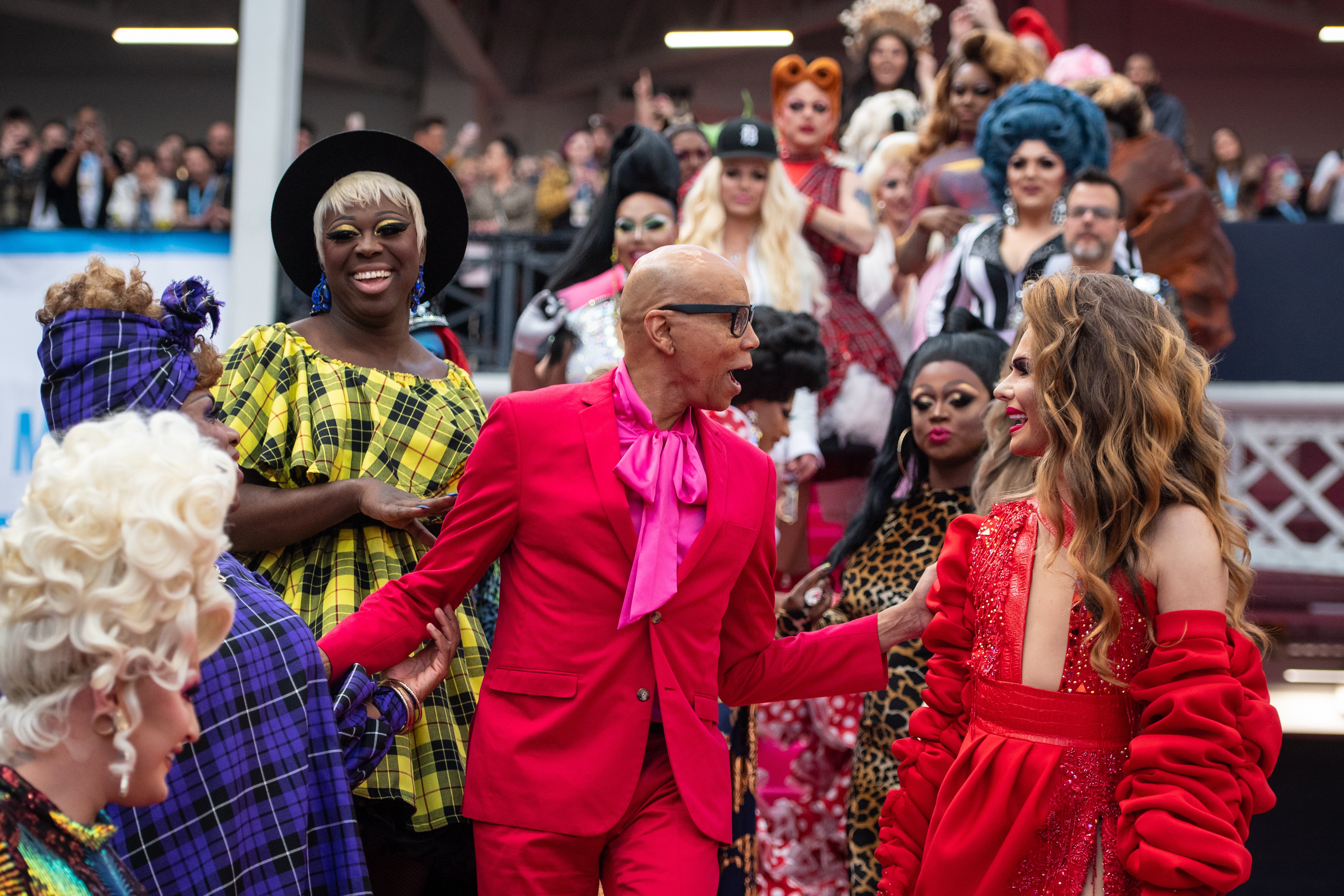
As the first drag performer to host a national talk show, RuPaul has paved the way for greater LGBT+ visibility in media. He continues to use his platform to spotlight emerging talent and address vital issues such as gender equality and racial justice. In recognition of his impact, he received the Vito Russo Award at the GLAAD Media Awards in 1999.
Sopranos star says making this life change gave her ‘a lot of hours back’
The Liver King story chillingly shows how bad role models are manufactured
New York City restaurant denies woman’s claim she found a rodent in her salad
Russell Tovey says he ‘envies’ young queer people who don’t associate sex with death







